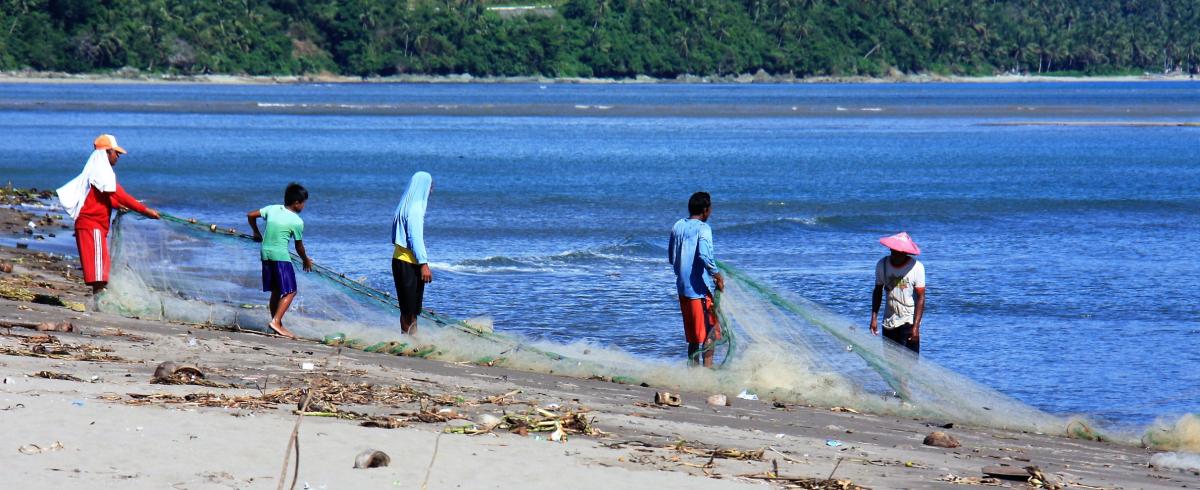Triple Impact Fisheries Evaluation Framework: Integrating Environmental, Social and Business Performance
"The triple impact framework described in this document has been developed to evaluate needs, plan improvements, and monitor and publicly report progress against the environmental, social and financial dimensions of sustainability. "

